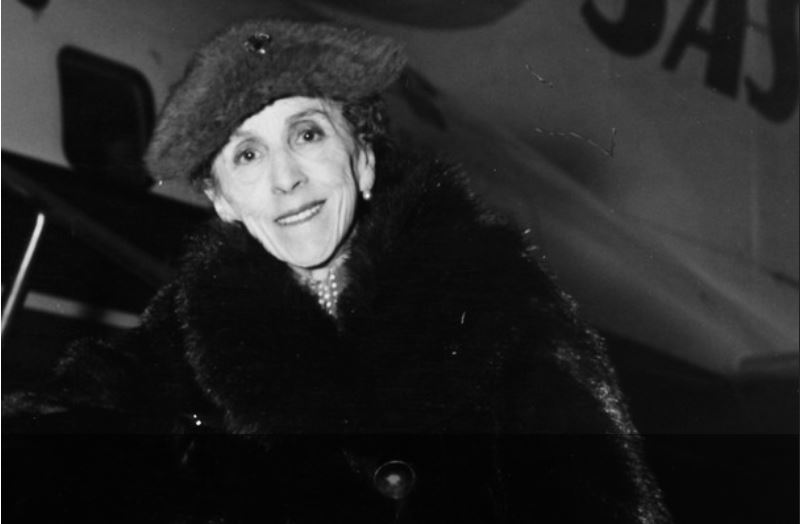This review of Arden/Everywhere: The "As You Like It" Project at Baruch Performing Arts Center was written by Christopher M. Struck and published in Volume X, Issue 7 (2017) of the online edition of Applause! Applause!
Arden/Everywhere: The "As You Like It" Project
Written by William Shakespeare (As You Like It)
Conceived, Adapted & Directed by Jessica Bauman
Produced by Lico Whitfield
Stage Manager: Kristine Schlachter
Set Design: Gabriel Hainer Evansohn
Lighting Design: Christina Watanabe
Sound Design: Matt Otto
Costume Design: Nicole Slaven
Props Design: Zach Serafin
Movement Director: Brandon Powers
Fighting Scenes Director: Carmen Lacavita
Casting Director: Judy Bowman
Baruch Performing Arts Center (BPAC)
55 Lexington Avenue
New York, New York 10010
Reviewed 10/20/17
Arden/Everywhere: The "As You Like It" Project appeared at first glance to be an original production about immigration, but it is, in fact, Shakespeare's As You Like It with some additional scenes involving refugees also living in the Forest of Arden. The classic comedy about people who find themselves exiled and living in the forest is expanded to take a broader look at the world of dislocation to discover resilience, reconciliation, and love. The immigrant experience is portrayed in sidebars taking place during scene changes. The eventual climax is a Tower of Babel "happening" at which time multiple immigrants tell their individual story in different languages at the same time. The ensemble cast of immigrant actors who play the refugees who live in the Forest of Arden, include Ali Arkane (Lebanese-American), Murodilla Fatkhullaev (Uzbekistan), Ale Mesa (Cuban-American), Denisse Jimenez (Columbia), Anton Kurdakov (Russia), Jorge Pluas (Ecuador), and George Tarr (Liberia). They bring to Arden a unique world that includes their own individual cultures (dress/music) as well as the international language of soccer. Their days are spent filling jugs at a water pump and checking a Bulletin Board in the hope that some country has decided to allow them entry.
For the most part, this was a straightforward production of Shakespeare with little deviation, except at the end, when only the nobility gets visas to return to Court. This being my first viewing of this particular Shakespeare Comedy, I was interested given the fact that this is the play that features the soliloquy which includes the famous "All the world's a stage" line. This was delivered effectively and enthusiastically by Tommy Schrider, whose character otherwise didn't seem to play a significant role in the play. Unfortunately, his lamentations as one of the "parade" of interesting characters living in the forest are undercut to some extent by the influx of refugees that interrupted the natural fluidity to that particular aspect of the play. Fortunately, this cast included a number of talented actors, even though some of the performances were lackluster.
1803 Painting of Shakespeare's As you Like It
The acting duo of Helen Cespedes as Rosalind and Liba Vaynberg as Celia was fun to observe. The two of them made this play worth watching as they laughed with each other and interacted wonderfully. Basically, the play is about Helen's Rosalind (the daughter of a banished Duke) running off to the Forest of Arden dressed as a man with her childhood friend Celia after being banished by Celia's father, the "New Duke." Similar to Candide, the play makes fun of the way leadership changes often took place without the death of the rival leader leaving opportunity for rebellion.
Complicating things is the character and parallel story of Orlando (Anthony Cason Jr.) who defeats the New Duke's champion fighter and coincidentally follows them into the forest when he must escape his brother's wrath. I wasn't as enthused by Cason's performance as Orlando, but he enunciated clearly and performed adequately. Part of it was that beside the fantastic Cespedes, he just didn't shine. Having fallen in love with Orlando, Rosalind, dressed as a man, convinces the infatuated Orlando to act like he is winning her hand while believing she is a "he." The whole "love affair" captured the audience, because Cespedes did a fantastic job lamenting on the travails and trials of love. Even more so during her cross-gender portion, Cespedes raised the level of this production. However, Cespedes and Vaynberg weren't the only actors giving impressive performances. Dennis Kozee played the role of Touchstone, the fool, very well, and Kenneth De Abrew made a convincing impression as Corin, a merchant in the forest. The combination of these two balanced out the cast which otherwise seemed overshadowed by the strengths of Cespedes and Vaynberg. Additionally, Dikran Tulaine made a fun combination of New and Old Duke.
From my perspective, Arden/Everywhere: The "As You Like It" Project was worth the time to see. The set and lighting were of the highest quality and the revised play made important points regarding refugees and their collective experiences. Jessica Bauman has been developingArden/Everywhere: The "As You Like It" Project for almost three years. For more information about The "As You Like It" Project, visit www.ardeneverywhere.com







